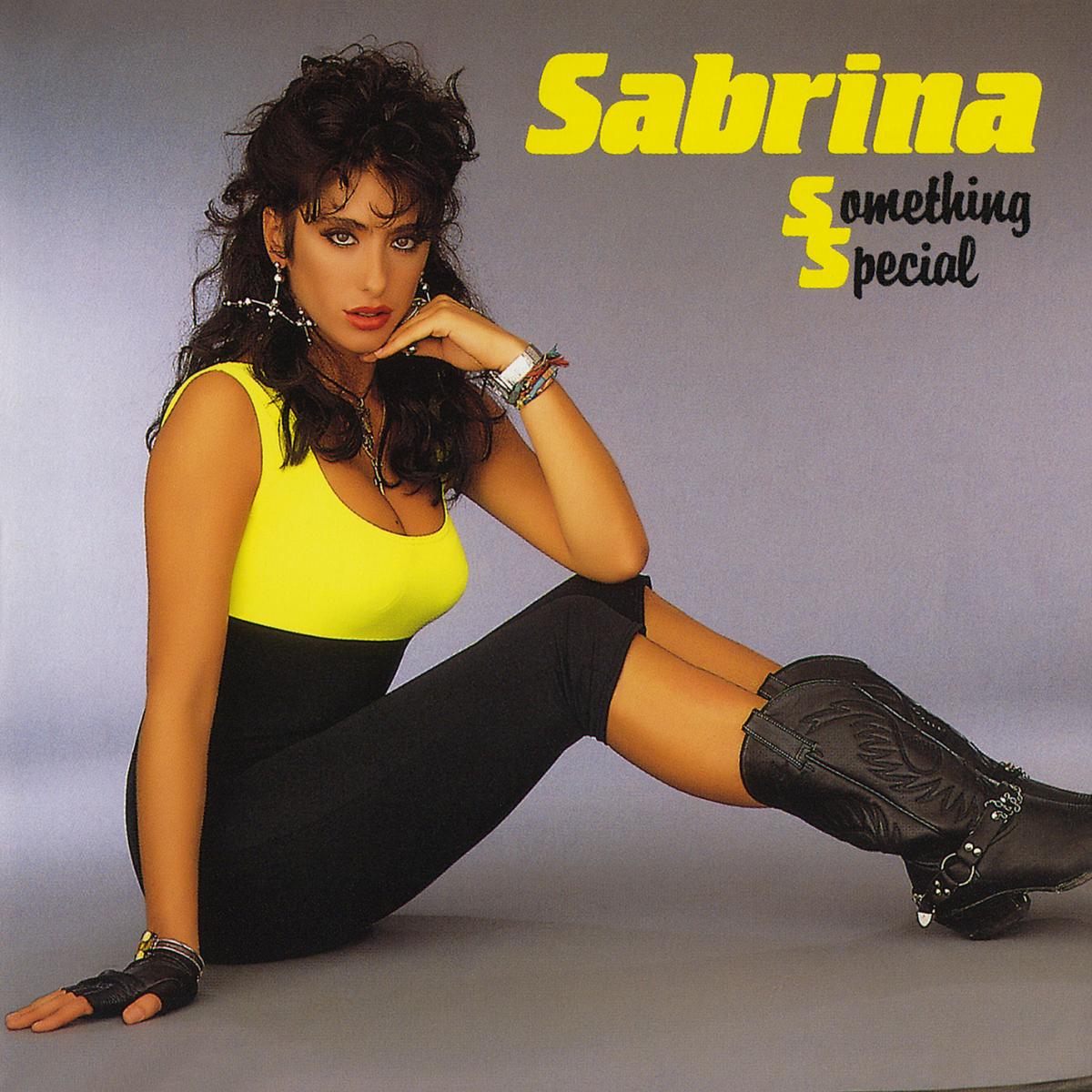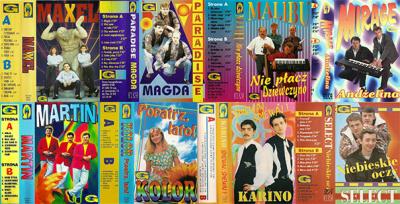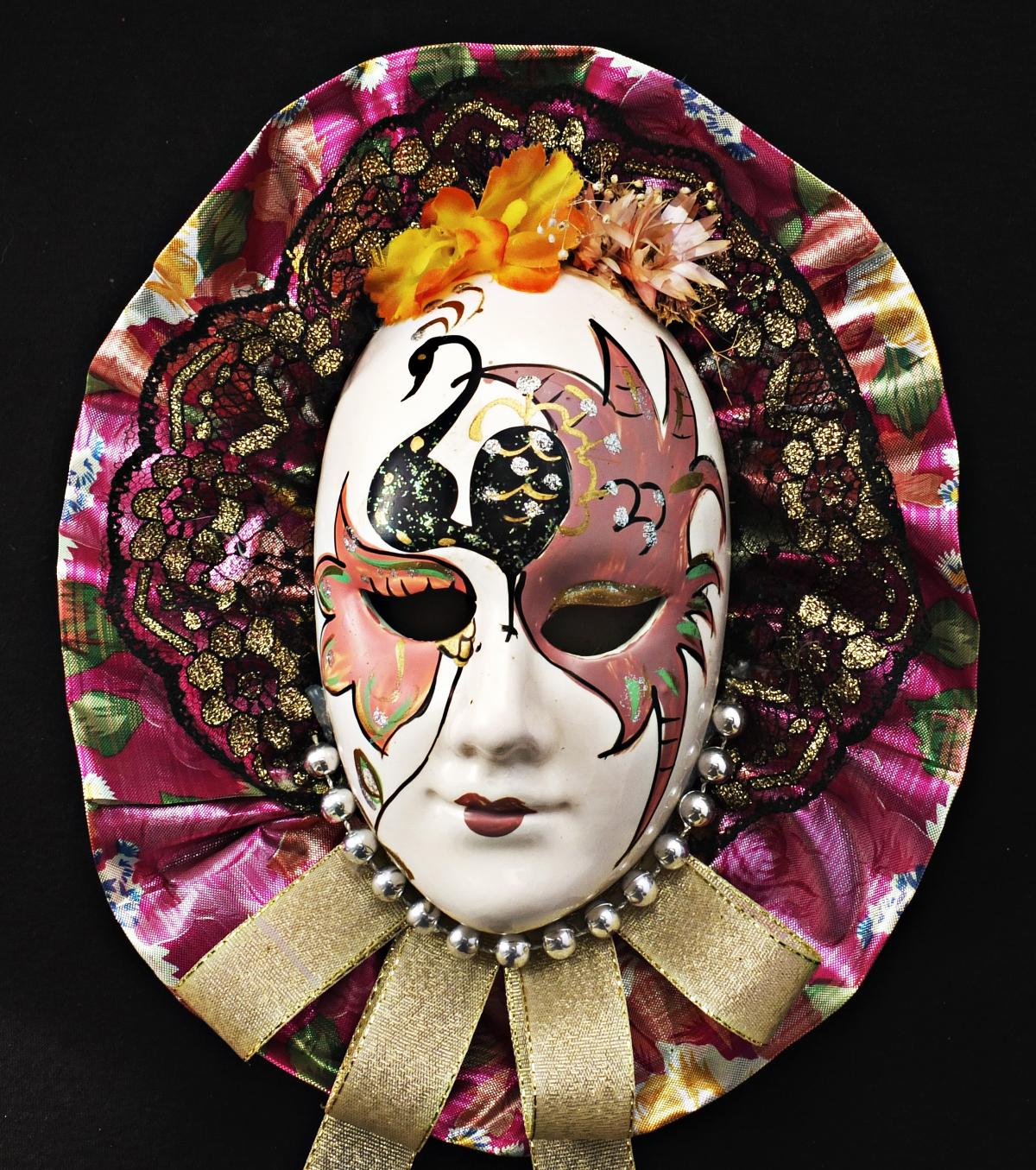
A Crash Course in Disco Polo #2: History
It is importation to which disco polo, Poland’s domestic electronic dance music genre, owes most of its sound. It was the political system flip of 1989 that shaped its troubled fate within Polish society. When it all dissolved in centuries-old wedding traditions, disco polo’s form and aesthetics were set. Look for Sabrina, Boys, Akcent and German number plates in Part 2 of Norient’s guide to disco polo: History.
Part 2 of 2 – Part 1 / Part 2
Importation Paths
The idea of partying to sequenced synthesised sounds flowed into Poland by both public and private paths, which in a communist country were necessarily two quite distinct channels. Disco was officially embraced in the Eastern Bloc as a cure for the epidemic of rock, as it proposed light-hearted dancing instead of politically malcontent, depressive individualism (Wright 2007). The Soviet Union’s mid-70s policy of encouraging the emergence of local diskoteki (dance clubs) was followed by the invitation of West Germany’s Boney M. to perform in Moscow in 1978 (Wright 2007). A show in Poland followed a year later – Boney M. performed at the International Intervision Festival in Sopot. The concert was transmitted on national television and became a thing to remember. Boney M. is quoted as an early inspiration by one of the highest-ranking members of the disco polo pantheon, Zenon Martyniuk, the leader of Akcent.

A decade later Poland’s wedding bands were already seriously into electronic instruments when another European disco star became a household name. At the 1988 Sopot festival Sabrina Salerno sang her hit «Boys» twice and she received an impressive amount of flowers and cheek kisses. In the years following this performance, many a child was heard doing a backyard cover of this song, of course adding their own particular bawdy, homemade twist (see below if you’ve got a Polish speaker at hand)1. In 1991 a band which was to become one of the disco polo trademarks was founded in Ełk area (North-Eastern Poland) under the name «Boys».
Video not available anymore
The private route of European electronic dance music into Poland was an effect of the general shortage and poor quality of material goods. Second hand things from Western Europe, USA and other capitalist places were reaching Poland in a narrow but steady stream of semi-legal private importation and in post from emigrated families and friends.
Imagine: A late 80s Polish car importation entrepreneur who finds a dirt cheap «well-hit» VW Golf II somewhere near Düsseldorf or Rotterdam. When loading it onto his towtruck he finds an italo disco or eurobeat cassette or three in the glove compartment and inserts it to his radio. It keeps him company during the all-night drive along the German motorways, then the all-day waiting on the border, then the dinner with fellow entrepreneurs and lorry drivers from all over Eastern Europe at a massive roadside service station. When he finally reaches his village the eurobeat has soaked with male sweat, auto grease, Wunderbaum and the tape head of an old Grundig. The entrepreneur with his brother-in-law start working on the Golf to come out ahead on the local car market. The cassette falls into the hands of the nephew or the son-in-law, who is perhaps a beginner in a wedding band.
Political System Flip
Disco polo would have evolved totally differently (or maybe not at all) if the communist system did not collapse in 1989. On the other hand, it could have had a very different position in Poland’s public life if the communist rule had not directly preceded its heyday. These two speculations are perhaps the best way to explain the schizophrenic nature of the discourse, emotions, and reactions that followed the eruption of disco polo and continue to this day.
Several upbeat synth-pop acts made it in Poland well before the disco polo craze (e.g. Bolter, Papa Dance). They more or less followed the fairly stable path of emerging on the People’s Republic music scene, which meant getting their music released on one of the few state-controlled labels (e.g. Wifon, Polskie Nagrania, Tonpress). These were the bottleneck of the music distribution – neither independent nor commercial, but rather censored and thus, in a way, curated.
In 1989 the legal limits for private entrepreneurship virtually disappeared. The first private releases of local synth-pop bands turned out to be so successful that label owners transformed their companies into full-blown production houses. Sławomir Skręta of Blue Star (who actually coined the term disco polo) had a proper cassette duplication factory which ran around the clock in order to flood the local market with copies of his music before counterfeiters could do the same. Within two years or so, not only had dozens of local bands made good money with disco polo, but they had managed to become relatively famous. For most of them it came as a surprise and surprise is generally the key to understand the early days of disco polo.

Confusion > Contempt > Compromise
Surprised were not only the instant stars, but also hundreds of others who, no matter how gifted and skilled, were able to follow the disco polo star and get their share in fulfilling the huge popular demand for the new music. Then again, there were those, especially in the big cities, to whom the style did not appeal at all. Whereas hardly anyone complained about the destruction of the bottleneck of state-controlled distribution and of the appointed content assessment, many were puzzled with the outcome – neither the culture managers of the 80s nor the former dissidents who had fought them had ever witnessed so much «bad music». They immediately felt somewhat responsible and tried to curb or steer the disco polo tsunami, even though «freedom (of expression)» was the hottest value at the time.
One reaction was that of a national public radio DJ, who commented a listener request for Top One’s «Ciao Italia» with: «This one should actually never get aired here, but it’s the listener’s choice programme, so I’ll have to allow it». Another one was by an established actor (Marek Kondrat), who recorded a mock disco polo album for kicks. The song «Mydełko Fa» («Fa Soap») became one of the genre anthems, while not being taken as a joke at all. At least not in the way Kondrat had meant it.
Video not available anymore.
Therefore since the early days, disco polo is shadowed by the shame of it. Or the other way round: It has been criticised as unambitious and lacking melodic and harmonic sophistication – a category which in early 90s’ Poland was still law. It continues to be used in discourse on disco polo today, even though it is not applied to many other contemporary genres. The shame has made its way from the confused elites to the genre’s primary audiences. The emotional schizophrenia has thus become an inherent part of the genre, it is almost normal and feels natural. My friend who works in a car repair garage in a village 100 km north of Warsaw says that disco polo is on in some 75% of his clients’ cars, yet when people listen to it while driving around, they keep their windows closed (Jaworski 2014).
The history of disco polo comes full circle at weddings as its originally electronic timbres get replaced by live instruments like guitar, bass, drums, and accordion or keyboard synth. If the budget allows, that is – otherwise this single synth will suffice. The songs melt into the sophisticated ceremony, which includes various forms of music, dance, participatory games and drinking rituals. They work as if unbothered by the story of the disco style I told, or any other partying fad, for that matter. And yet, if the band gets some local props, they might get gigs and eventually enter the nationwide realm of disco polo.
Playlist
Top One: «Santa Maria» (1990/91)
Top One (formed 1986) often gets the kudos for being the first disco polo band, even though what they played (and still do) was more italo. But you can trace some soon-to-become classic disco polo vocal style and harmonies on their Poland! Disco No. 2 album. It is not only right in the middle of the stylistic breakthrough, but also just in between the old and the new distribution regime. Although released by an ephemeral private label, it was still recorded in Studio S4, a part of Warsaw’s gigantic national broadcasting headquarters, and pressed as an LP.
Akcent: «Życie to są chwile» («Life is but Moments») (1994)
Akcent is one of the two greatest disco polo acts of all times and this song is one of their anthems. As a teenager Zenon Martyniuk was apprenticed in a band led by a Roma man, which along the distinctive timbre of his voice shaped his vocal style. In 1997 «Życie to są chwile» was released again in a different arrangement after the band’s transfer to another label, and it circulates now in both versions.
Video not available anymore
Boys: «Kochana uwierz mi» («Trust me Love») (1996)
Marcin Miller of the other most established act also has the classic reverb-influenced vocal manner: you soften the second note on a syllable so that for a fraction of a second you can hear both notes.
Boys: «Biba» («Party») (2001)
Some ten years into Boys’ career the first wave of disco polo had somewhat lost momentum, and they evolved towards harder beats and more explicit lyrics and imagery. «Biba» is one of the best known numbers of what began to be called «Polish dance» to distinguish it from older disco polo. The track was produced by Tomasz Sidoruk, who is now one of the most wanted producers employed by many top disco polo acts.
The rest is more or less the present day.
- 1. «Boys boys boys Sabrina na golasa / Boys boys boys ma cycki aż do pasa / Boys boys boys leciała samolotem / Boys boys boys ruchała się z pilotem»; «Boys, boys, boys Sabrina na golasa / Boys, boys, boys ma cyce aż do pasa / Boys, boys, boys Sabrina na motorze / Boys, boys, boys cycami ziemię orze»; «Boys boys boys Sabrina na golasa / Boys boys boys jej mąż nie ma kutasa xD»; «Ja się trochę tego wstydzę, ale u nas na podwórku była wtedy taka wersja: ‹Boys, boys, boys, Sabrina na golasa, boys, boys, boys, ma cyce aż do pasa, boys, boys, boys, widzieli ją murzyni, boys, boys, boys, jak srała na pustyni› Błagam, powiedzcie, że nie tylko ja znam tę okropną wersję»; «Boys, boys, boys Sabrina na golasa / Boys, boys, boys cyce ma do pasa / Boys, boys, boys widzieli ją Anglicy / Boys, boys, boys gdy srała na ulicy»
List of References
Biography
Published on September 29, 2014
Last updated on April 11, 2024
Topics
Can a small chinese radio show about Uyghur music stand against the censorshop of the Communist Party of China? Are art residencies useful?
From breakdance in Baghdad, the rebel dance pantsula in South Africa to the role of intoxications in club music: Dance can be a form a self-expression or self-loosing.
Place remains important. Either for traditional minorities such as the Chinese Lisu or hyper-connected techno producers.

